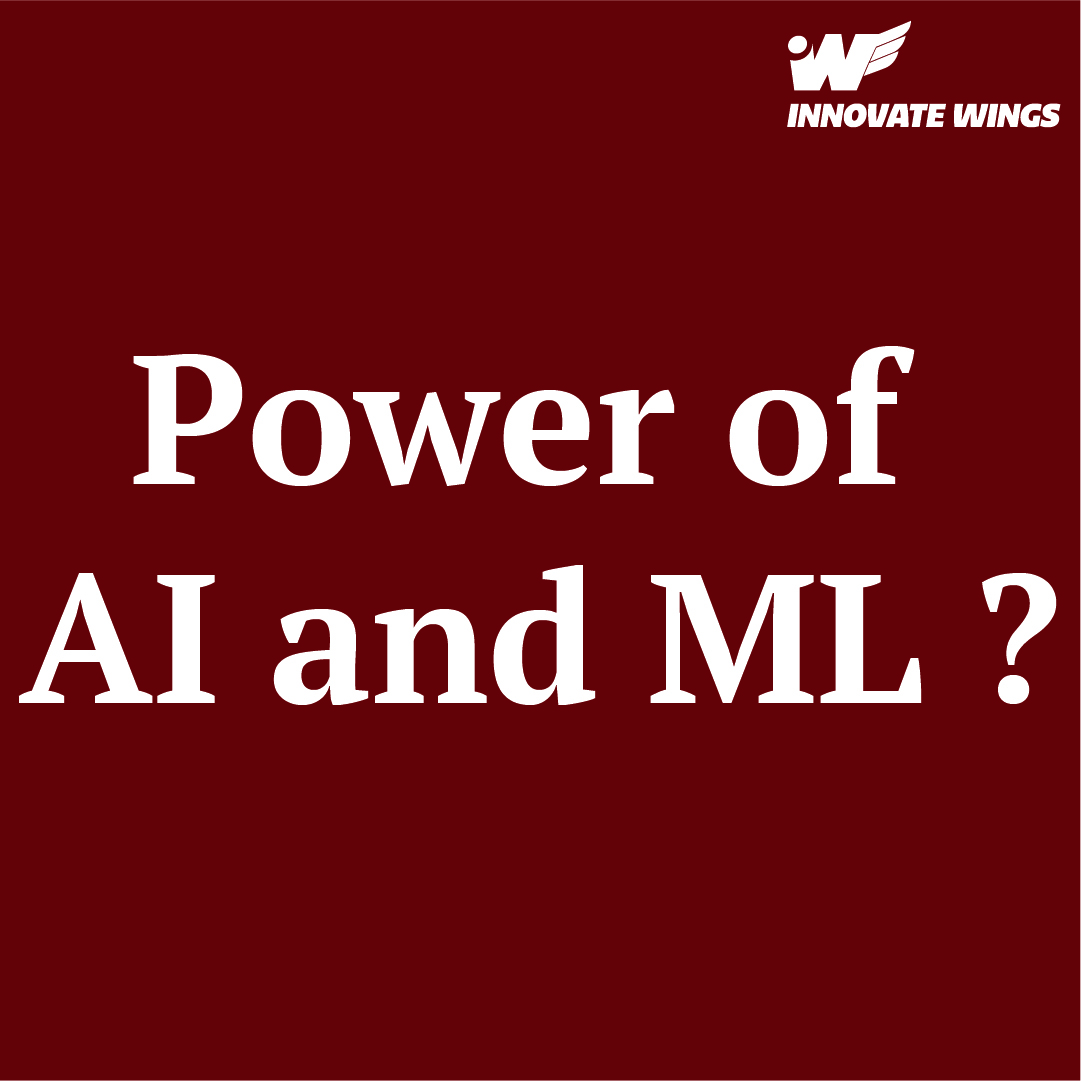In today's digital age, the integration of artificial intelligence (AI) and machine learning (ML) technologies has revolutionized the marketing landscape, empowering businesses to deliver more personalized, targeted, and effective marketing campaigns than ever before. In this Article, we'll explore the transformative impact of AI and ML on marketing strategies, highlighting key applications, benefits, and best practices.
Understanding AI and Machine Learning
AI refers to the simulation of human intelligence processes by machines, enabling them to perform tasks that typically require human intelligence, such as learning, reasoning, and problem-solving. Machine learning is a subset of AI that focuses on enabling machines to learn from data and improve their performance over time without being explicitly programmed.
Applications of AI and Machine Learning in Marketing
Predictive Analytics:
AI and ML algorithms analyze vast amounts of data to predict future outcomes, such as customer behavior, preferences, and purchasing patterns. Marketers can use predictive analytics to anticipate customer needs, identify trends, and optimize marketing campaigns for better results.
Personalization:
AI-powered personalization enables marketers to deliver highly tailored and relevant content, offers, and recommendations to individual customers based on their preferences, browsing history, and past interactions. Personalized marketing initiatives increase customer engagement, satisfaction, and loyalty.
Content Generation: AI algorithms can generate content automatically, ranging from product descriptions and blog posts to email subject lines and social media captions. AI-generated content helps marketers save time and resources while maintaining consistency and quality across various channels.
Customer Segmentation:
ML algorithms segment customers into distinct groups based on demographic, behavioral, and psychographic attributes. Marketers can use customer segmentation to target specific audience segments with tailored messages and offers, improving campaign effectiveness and ROI.
Chatbots and Virtual Assistants:
AI-powered chatbots and virtual assistants engage with customers in real-time, answering questions, providing assistance, and guiding them through the sales process. Chatbots enhance customer service, streamline communication, and drive conversions.
Benefits of AI and Machine Learning in Marketing
Improved Efficiency:
AI and ML automate repetitive tasks, such as data analysis, campaign optimization, and customer support, freeing up marketers' time to focus on strategy and creativity.
Enhanced Personalization:
AI enables hyper-personalized marketing experiences tailored to individual preferences, leading to higher engagement, conversion rates, and customer satisfaction.
Better Decision-Making:
AI-driven insights and predictive analytics empower marketers to make data-driven decisions, identify opportunities, and optimize marketing strategies for maximum impact.
Increased ROI:
By optimizing marketing campaigns, targeting the right audience segments, and reducing wasteful spending, AI and ML contribute to higher returns on marketing investments.
Competitive Advantage:
Businesses that embrace AI and ML in their marketing efforts gain a competitive edge by delivering more relevant, timely, and compelling experiences to their customers.
Best Practices for Leveraging AI and Machine Learning in Marketing
Data Quality and Integration:
Ensure that data is accurate, complete, and properly integrated across systems to fuel AI and ML algorithms effectively.
Continuous Learning:
AI and ML models require ongoing training and refinement to stay effective in dynamic market conditions. Allocate resources for continuous learning and optimization.
Ethical Considerations:
Be transparent and ethical in the use of AI and ML technologies, respecting customer privacy and data protection regulations.
Collaboration and Education:
Foster collaboration between marketing teams and data scientists to leverage AI and ML capabilities effectively. Invest in training and education to develop AI literacy among marketers.
In conclusion, AI and machine learning have transformed marketing by enabling data-driven decision-making, hyper-personalized experiences, and automation at scale. By embracing AI and ML technologies and adopting best practices, businesses can unlock new opportunities, drive growth, and stay ahead in today's competitive marketplace.

